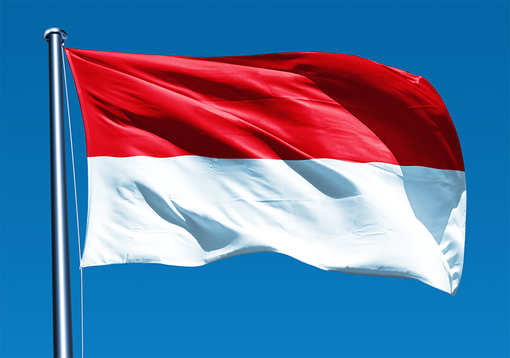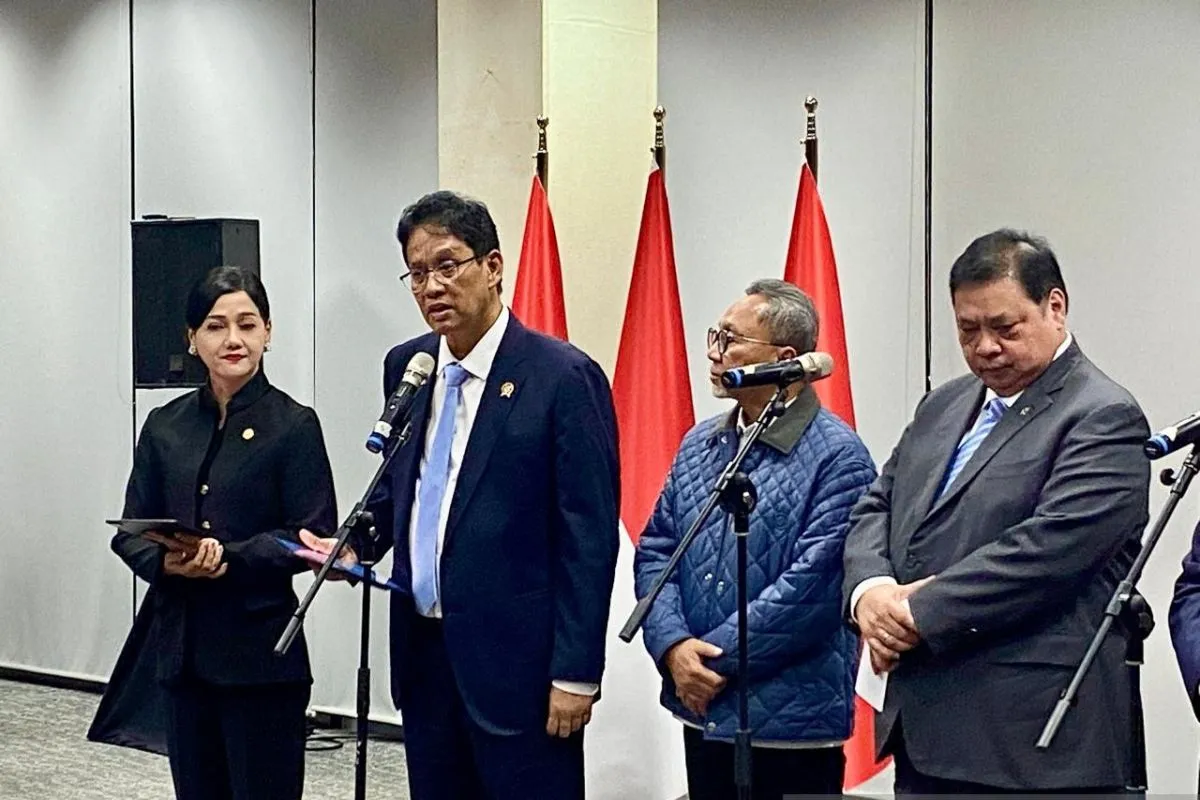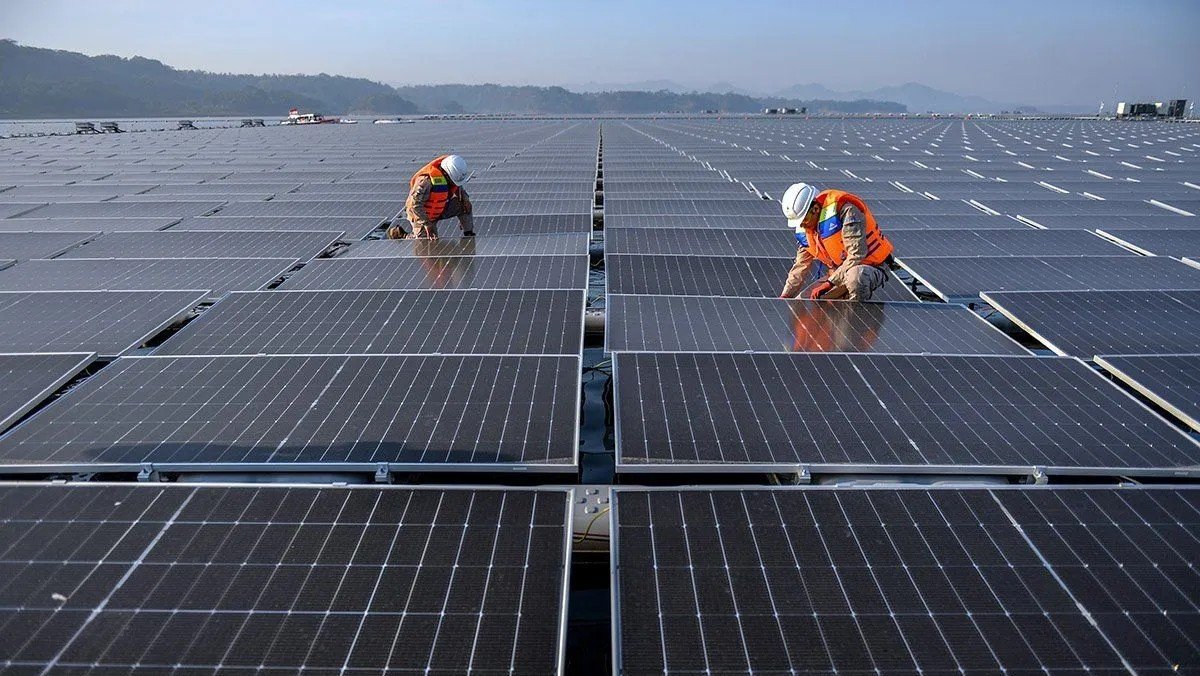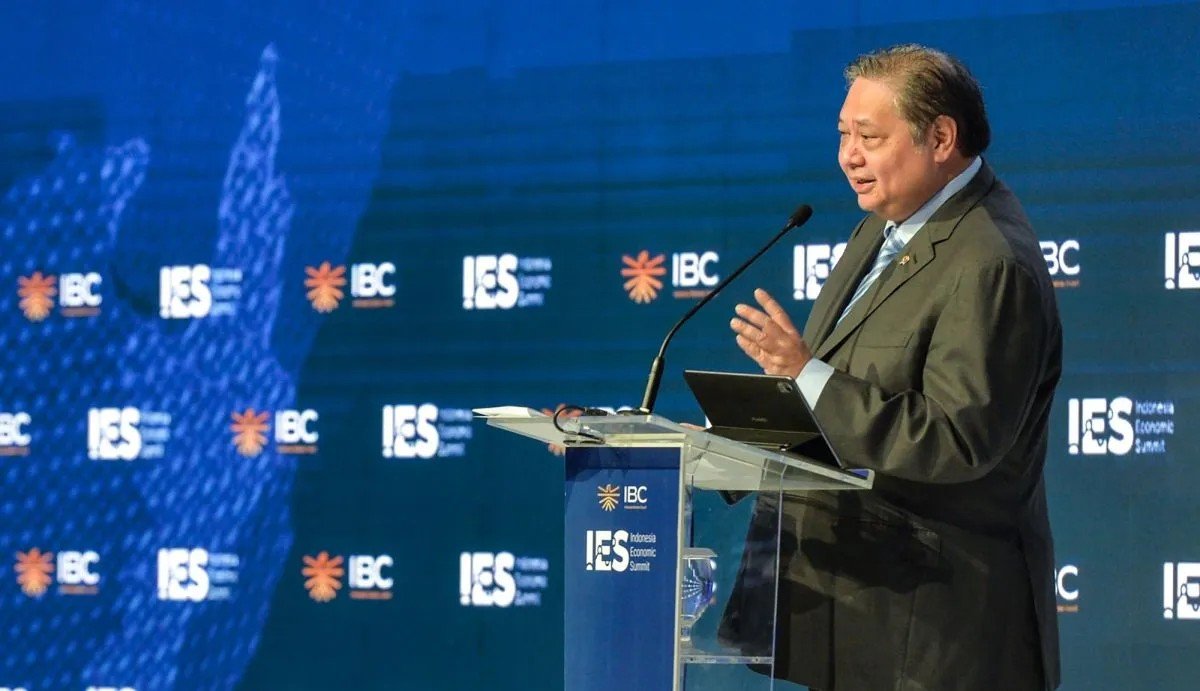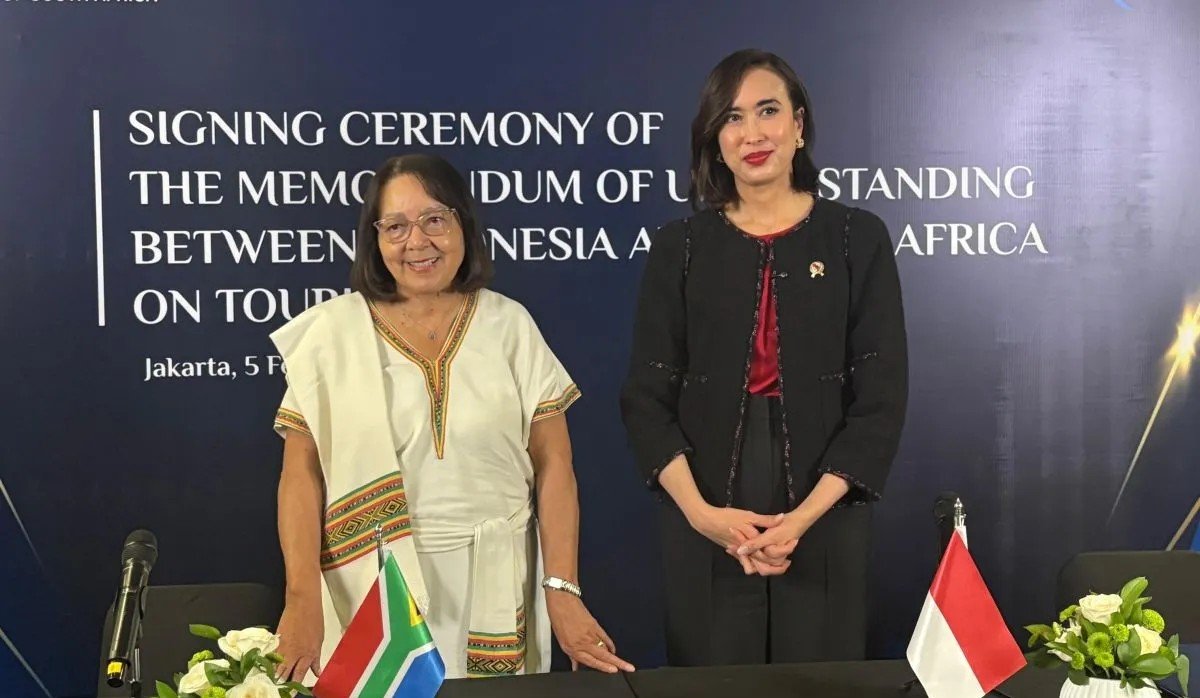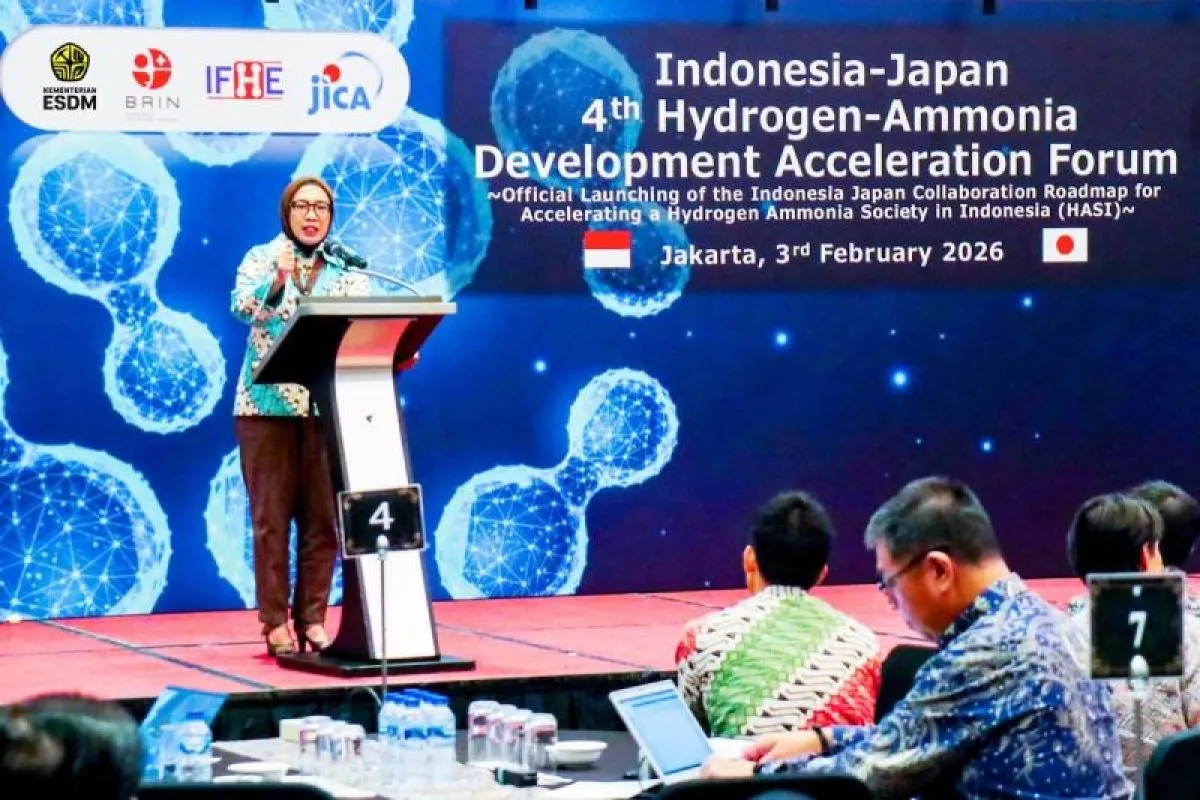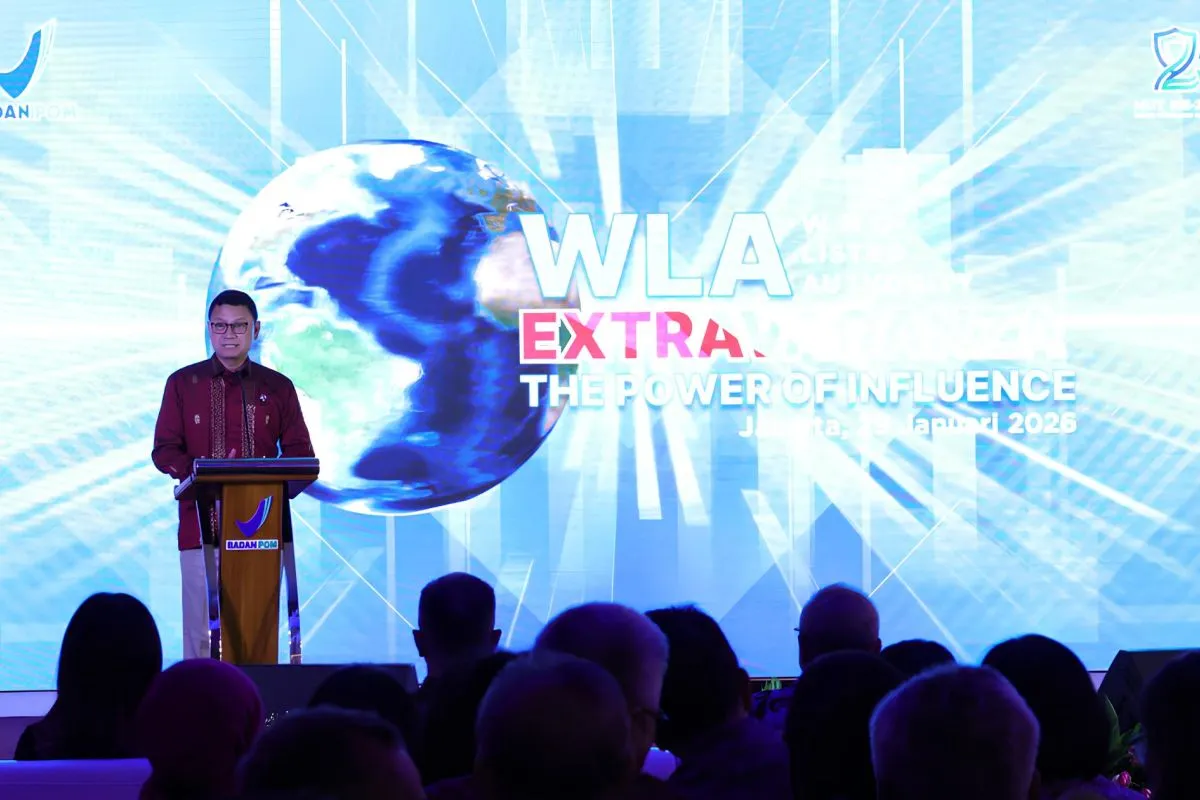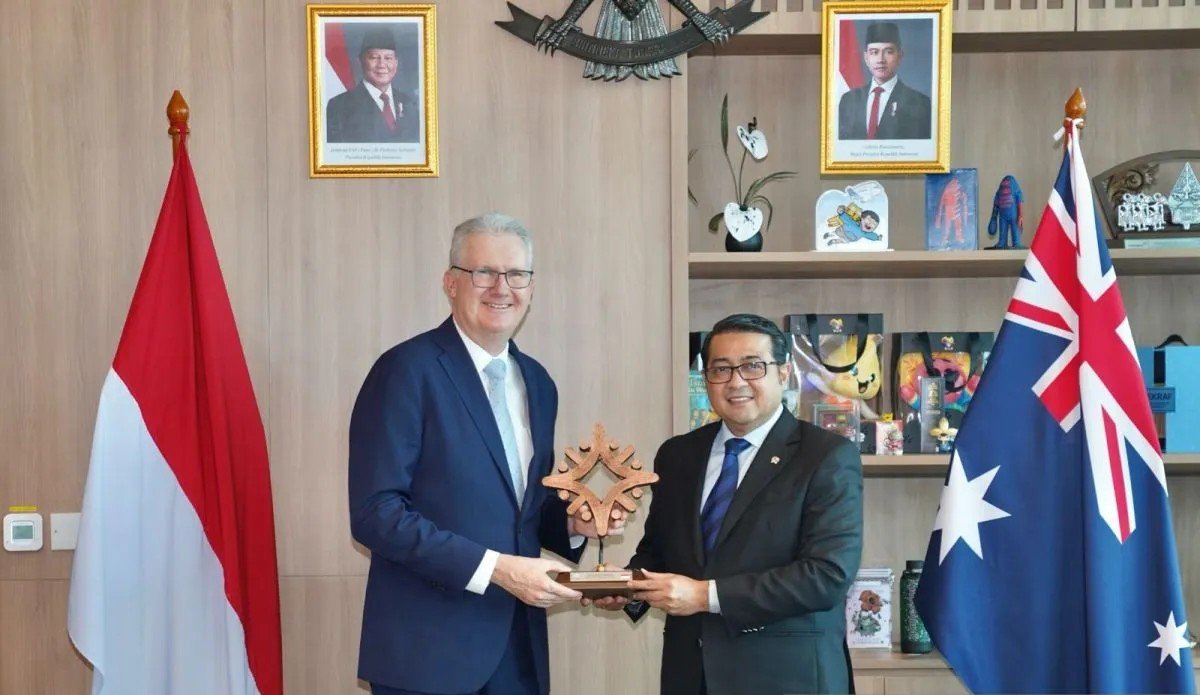Jakarta, February 4, 2025 – The Europe Today: The Indonesian Government is committed to advancing its infrastructure development initiatives through strategic collaboration with international institutions, Coordinating Minister for Infrastructure and Regional Development Agus Harimurti Yudhoyono affirmed on Tuesday.
In a meeting with representatives from the World Bank, the Multilateral Investment Guarantee Agency (MIGA), and the International Finance Corporation (IFC) in Jakarta, Yudhoyono, popularly known as AHY, emphasized the government’s determination to meet its infrastructure goals, which are integral to achieving an eight percent economic growth target and realizing self-sufficiency in key sectors such as food, energy, and water.
“We must ensure that infrastructure development continues to achieve the target of eight percent economic growth and realize self-sufficiency in food, energy, and water,” AHY stated, outlining the critical priorities of the government.
He further highlighted that the government’s infrastructure agenda centers around the successful implementation of strategic projects, promoting equitable development across regions, and ensuring the sustainability of both physical and digital infrastructure. AHY described infrastructure as the backbone of national economic growth, underlining its role in reducing economic disparities and improving public welfare.
“Equitable development is key to addressing economic imbalances between Java and other islands. We aim to bridge the gap between Java and non-Java regions and close the digital divide, which remains one of Indonesia’s greatest challenges,” AHY explained.
Despite budgetary constraints, AHY reaffirmed the government’s commitment to advancing infrastructure projects and accelerating housing and basic infrastructure development through the formation of a dedicated team.
During the meeting, AHY presented a five-year roadmap for Indonesia’s infrastructure development, which includes several ambitious projects. Among them are a large seawall aimed at mitigating land subsidence in Jakarta, the Jakarta–Surabaya high-speed rail line, and the construction of three million houses annually.
“I am optimistic that partnerships with international institutions will continue to strengthen and generate innovative solutions that align with Indonesia’s challenges,” AHY remarked.
World Bank representatives Manuela Ferro and Hiroshi Matano expressed their strong support for sustainable infrastructure development in Indonesia, emphasizing the importance of collaboration between the government and the private sector to achieve optimal financing outcomes.
